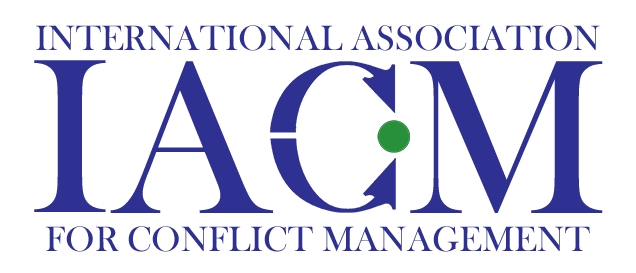Full Program »
Competition and Aggressive Behavior: Contextual and Perceptual Predictors of Competitive and Cooperative Decision-Making
Keywords: competition, aggression, cooperation, incentives, trash-talking
Abstract: This symposium explores how features of competitive contexts determine whether people behave cooperatively or aggressively. In a series of four papers, we delve into features of decision-making contexts (e.g., incentives and leadership) and of individual cognition (e.g., perceptions of workplace hierarchies) that determine intra- and inter-group conduct. First, Böhm, Halevy, and Kugler find that choice architecture influences the decision to engage in competitive behavior, and when peaceful actions are presented as the default, rates of aggressive action fall significantly. Second, Kirgios, Skowronek, and Schweitzer show that when choosing teams under mixed competitive and cooperative incentives, they demonstrate a cooperation bias. Third, Yu, Greer, Halevy, and van Bunderen show that perceptions of workplace hierarchies as ladder shaped rather than pyramid shaped worsen intragroup relationships and group success. Finally, Yip, Schweitzer, and Halevy find that leader trash talk leads to intragroup organizational citizenship behaviors and increased group identification.
